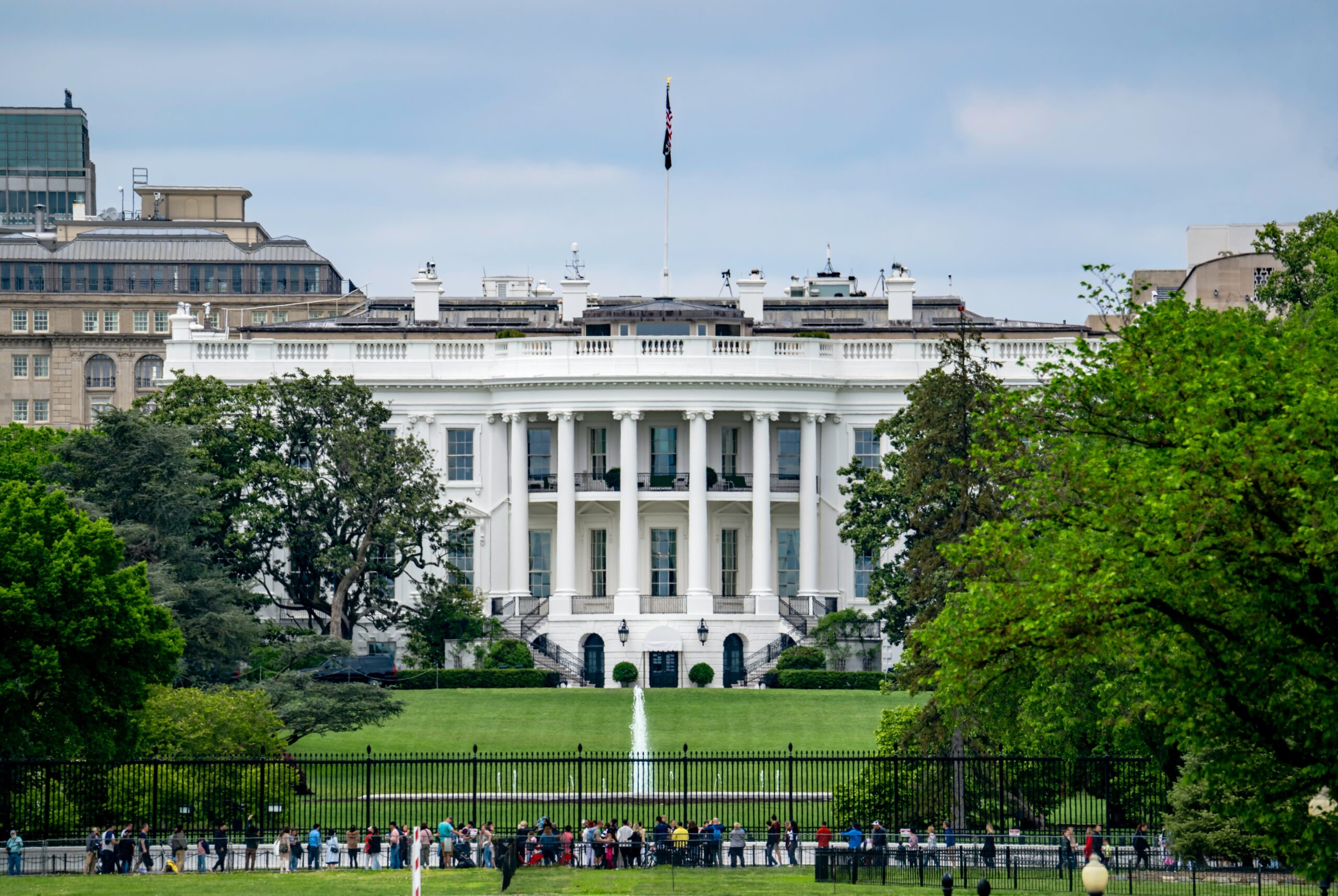In the realm of American politics, the first 100 days of a presidency often serve as a litmus test for a leader’s ability to enact their vision and set the tone for their administration. President Joe Biden’s inauguration on January 20, 2021, marked a pivotal moment in American history, as the nation grappled with multiple crises, including the ongoing COVID-19 pandemic, a struggling economy, racial tensions, and political divisions. This blog post aims to provide a comprehensive analysis of President Biden’s first 100 days in office, examining his key accomplishments, challenges faced, and the direction he has set for the future.
Tackling the Pandemic
One of the defining challenges of President Biden’s early tenure was navigating the country through the unprecedented COVID-19 pandemic. Recognizing the urgency, the Biden administration swiftly implemented a comprehensive national strategy to combat the virus. Within hours of assuming office, President Biden signed a series of executive orders to rejoin the World Health Organization and establish a COVID-19 response team.
Furthermore, the administration unveiled a comprehensive vaccination plan, aiming to administer 100 million doses within the first 100 days. Remarkably, this target was surpassed, with over 200 million doses administered by the end of April 2021. Additionally, the American Rescue Plan, signed into law in March, allocated substantial resources towards vaccine distribution, testing, and economic relief measures, providing a much-needed boost to struggling families and businesses.
Reviving the Economy
President Biden inherited an economy battered by the pandemic, with millions of Americans facing unemployment and financial uncertainty. To address this crisis, the administration swiftly took action by proposing the American Jobs Plan and the American Families Plan, two transformative pieces of legislation aimed at reviving the economy, rebuilding infrastructure, and investing in human capital.
The American Jobs Plan, a $2.3 trillion proposal, seeks to create millions of jobs, modernize infrastructure, and promote clean energy initiatives. On the other hand, the American Families Plan, a $1.8 trillion proposal, aims to expand access to education, support working families, and improve social safety nets. While these plans face political challenges and debates over funding, they reflect President Biden’s commitment to building a more equitable and prosperous society.
Promoting Social Justice and Climate Action
President Biden entered office during a time of heightened social tensions and calls for racial justice. In response, he signed several executive orders focused on promoting racial equity, including ending the use of private prisons, revitalizing fair housing policies, and combating xenophobia against Asian Americans. Furthermore, the administration has taken significant steps to combat climate change, rejoining the Paris Agreement and initiating efforts to transition the United States to a clean energy economy.
Foreign Policy and Diplomacy
President Biden has emphasized the importance of restoring America’s role on the global stage. His administration has taken a more diplomatic approach, seeking to rebuild alliances and engage in multilateral cooperation. Notably, President Biden convened a virtual climate summit, where world leaders discussed collective action to combat climate change. Additionally, the administration has expressed a commitment to reinvigorating the Iran nuclear deal, re-engaging with international organizations, and addressing global challenges, such as cybersecurity and human rights.
Conclusion
As we reflect on President Joe Biden’s first 100 days in office, it is evident that he confronted a host of complex challenges head-on, with a focus on unity, empathy, and science. From tackling the pandemic and jumpstarting the economy to advancing social justice and reestablishing America’s global presence, the Biden administration has set an ambitious agenda for the years ahead.
While much work remains, President Biden’s early accomplishments demonstrate a steady start and a strong commitment to addressing the pressing issues facing the nation. His approach to governance has been marked by collaboration, empathy, and a dedication to evidence-based decision-making.












Recent Comments